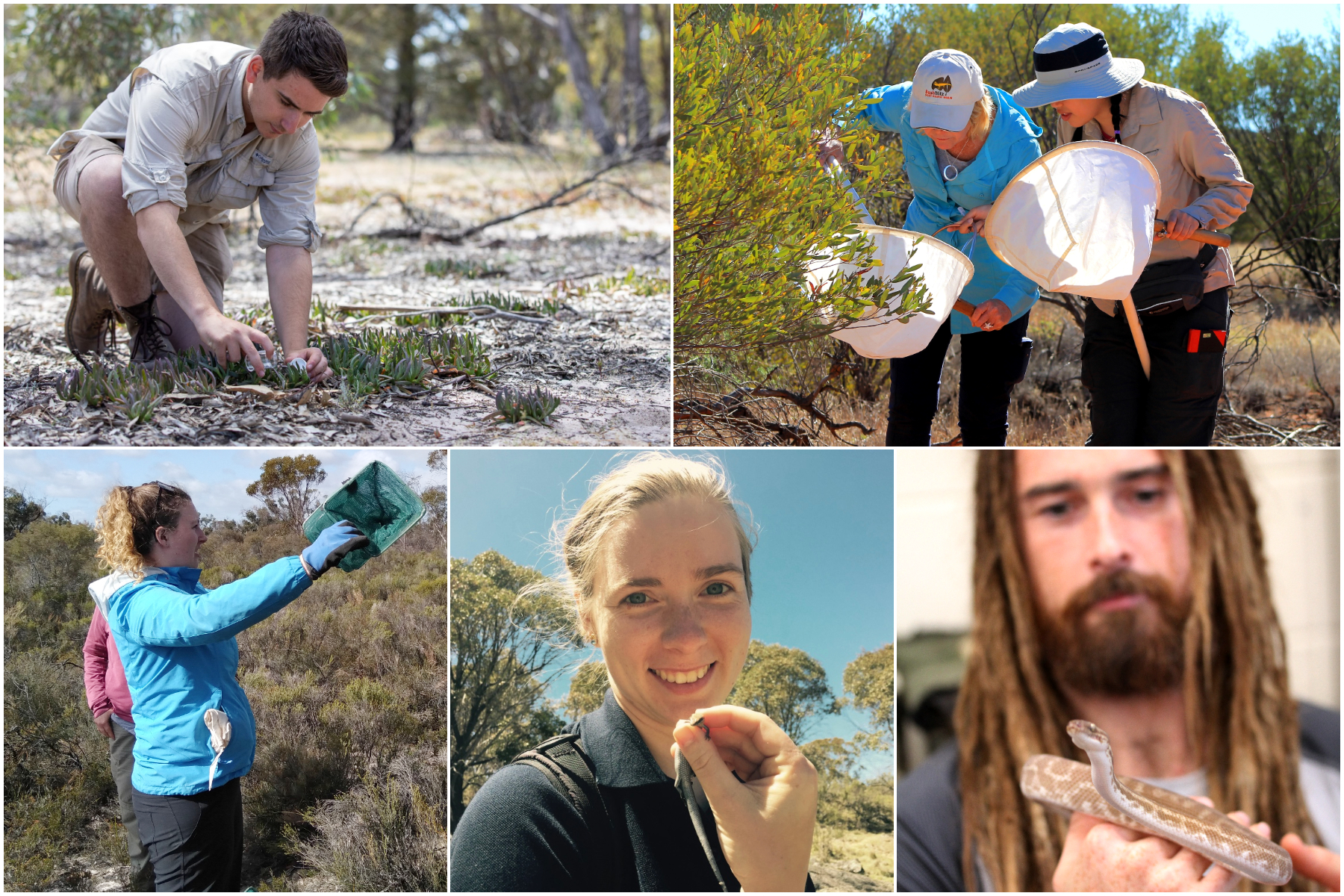
Imagine if we didn’t have names. How would you refer to your favourite sports person or singer when you’re talking to your mates? How would you introduce yourself to someone when you’re on the phone? If your medical record didn’t have your name on it, your doctor wouldn’t know it was yours and might give you something you’re allergic to by mistake!
Our name tells everyone else who we are and what family we belong to. We use our name to differentiate us from other people that might look similar, be the same age and have the same hair colour. Species names are a bit the same. Without a name, a threatened species can’t be put on a list to be protected and a weed or pest species can’t be put on a list to be controlled.
Taxonomists are scientists who study plants and animals, classify them and name new species. Discovering new species, and identifying species that are already known, is critical to understanding and protecting them. Millions of species around the world are waiting to be discovered and named, so there is plenty of work to be done!
The work of a taxonomist may involve:
- searching for plants or animals in remote and often difficult to access places using boats, 4WD and even helicopters
- collecting specimens that may be new species
- studying the specimens under microscopes in laboratories
- working out if and how they are related to other species, and
- writing descriptions of what makes them different from other known species.
Let us introduce you to parasite taxonomist Dr Haylee Weaver who made a video to tell you more about being a taxonomist.
If you’d like to try some of the activities that a taxonomist might do, join our virtual expedition as a citizen scientist.
